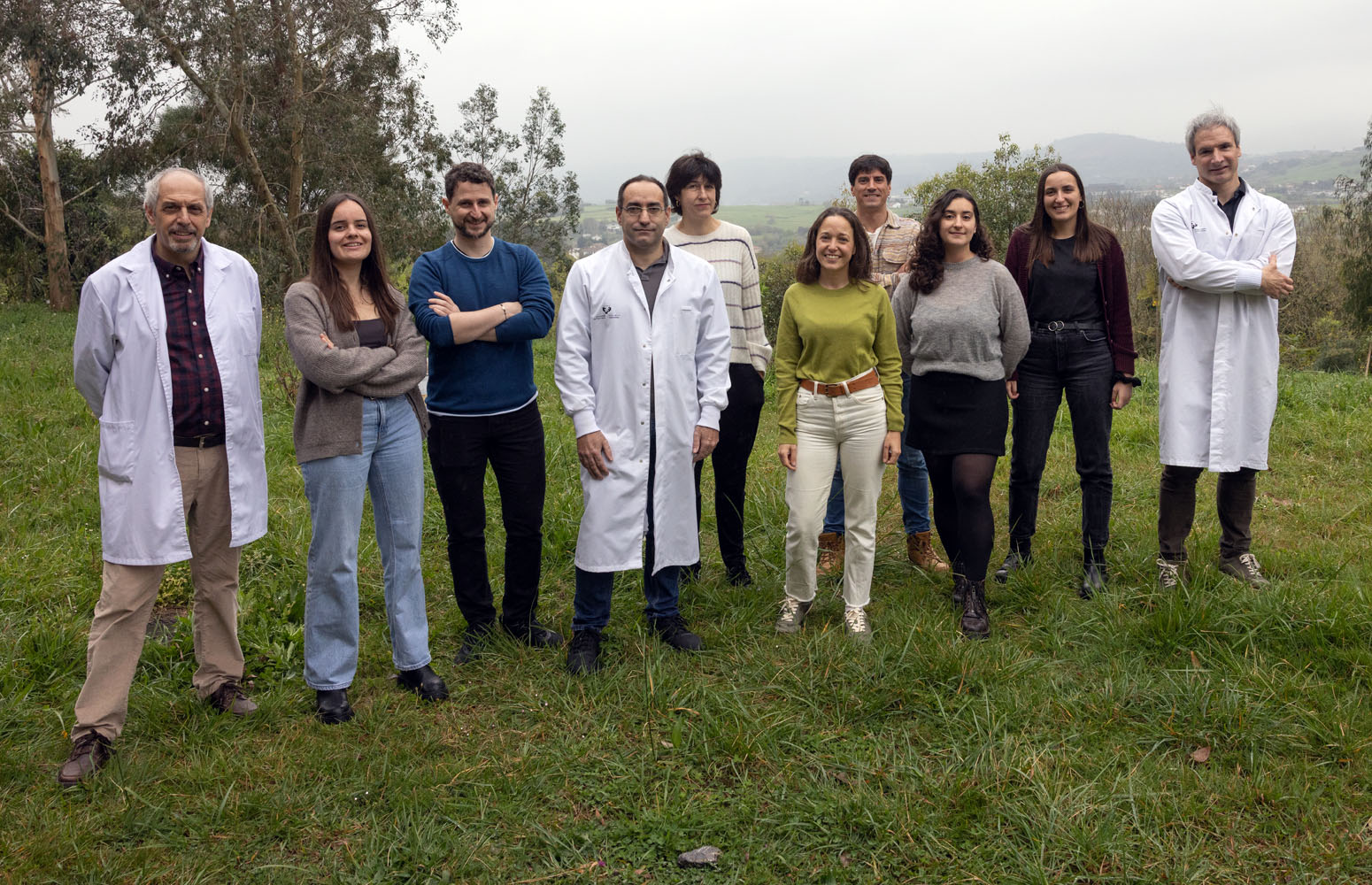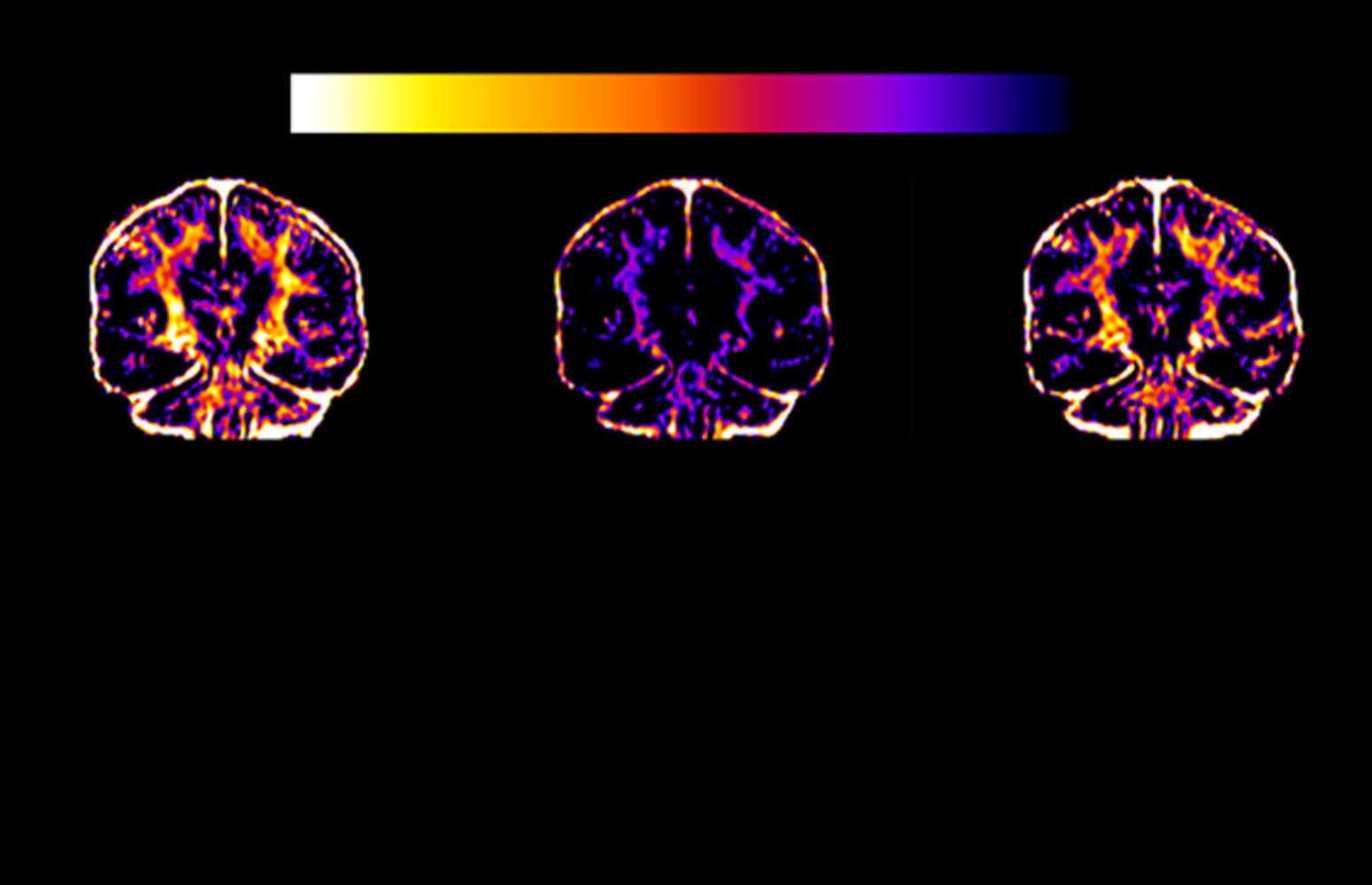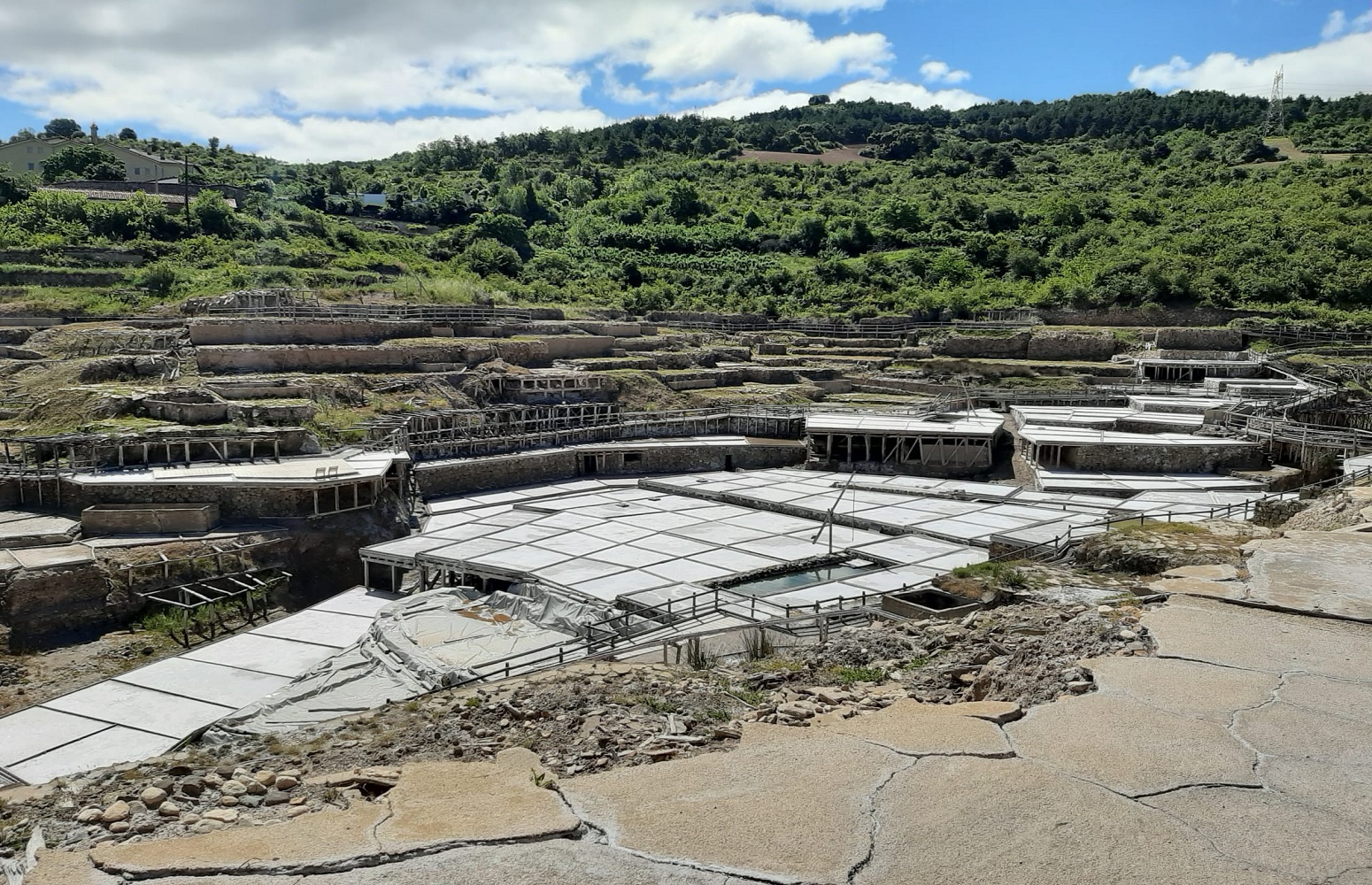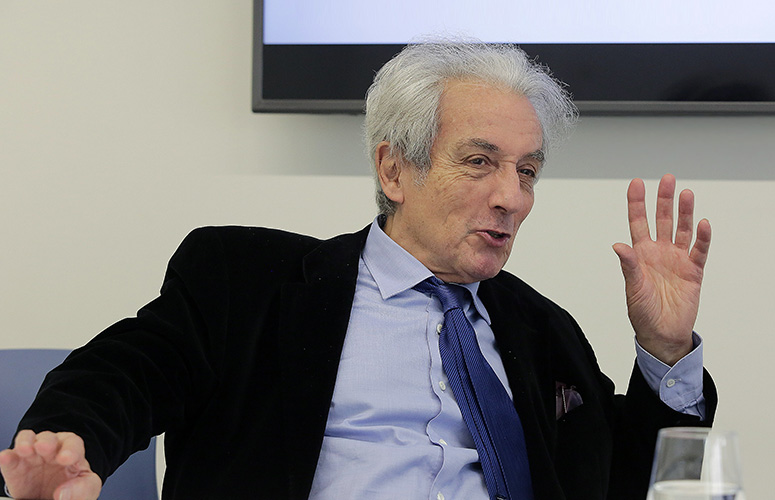Nobel Prize Winner Albert Fert is joining the UPV/EHU. His research enabled the capacity and applications of the hard disk drive to be increased, and now he is working towards a new generation of microprocessors that use much less energy. He cannot stop working in the laboratory, and states that his work after getting the Nobel Prize is better than it was before that.
-

Cells very similar to neurons obtained from human dental stem cells
-

The brain resorts to myelin when other brain nutrients are depleted
-

System for calculating the impacts of emissions by large European industrial plants is published
-

Most goals in football result from first touch shots
-

Añana Saltern microorganisms help to clarify the groundwater flow pattern
Nobel Prize of Physics 2007 and researcher of UPV / EHU
Albert Fert: «I have some ideas about collaboration so that we can find new properties of quantum matter»
- Interview
First publication date: 10/02/2020

Why the University of the Basque Country?
I was attracted by the quality of the research and the possibility of good work in collaboration. There is a splendid opportunity offered by good projects here which have already been started with the University, the DIPC and nanoGUNE.
What will your contribution to the university be?
I have come with some ideas. What does research involve? It involves having some ideas about where to go when exploring the world of physics. So, I know what can be done here and I have some ideas about collaboration so that we can advance and find new properties of quantum matter.
What are your research challenges over the coming years?
Last year I got involved in what is known as topological protection. And now we also have some ideas about topological effects, relativistic effects, in bidimensional materials.
“Information technologies consume much more than the planes in the air do”
You are not the typical Nobel Prize Winner, you continue to work in the laboratory.
Yes, I do. I cannot stop (laughs). In actual fact, that is what I want. There are different categories of Nobel laureates, just as there are different categories of people (laughs). What I like in my research is that, particularly just after being awarded the Nobel Prize, I suppose I have been very creative, in the years 2012 and 2013. I had a very good period of ideas seven years ago, after receiving the Nobel Prize. So I would say that my work after getting the Nobel Prize is better than it was before that (laughs).
This could be a headline…
No, it is too pretentious.
Your research enabled the capacity and applications of the hard disk drive to be considerably increased, and now you are working towards a new generation of microprocessors that use much less energy.
Yes. That is one of the challenges facing physicists today. Because when you see the expansion in energy consumption by all the artificial intelligence agents, it becomes necessary to force the planet to reduce this consumption. Information technologies consume nearly 10 per cent of electricity production, much more than the planes in the air do. So we cannot continue this way bearing in mind the expansion in computing that can be predicted for the purpose of connecting the world, objects, people and so on. It is necessary to come up with a new type of electronics.
"The challenge is to reduce the consumption of computers tenfold"
In the challenge to reduce how much computers consume, what maximum achievement do you have in mind?
A reduction of a factor of 10.
Do you think that will be feasible?
Yeah, actually, we are working on it: a group in nanoGUNE as well as my group are involved independently in collaboration with Intel on such projects and I think Intel’s ambition is fantastic.

